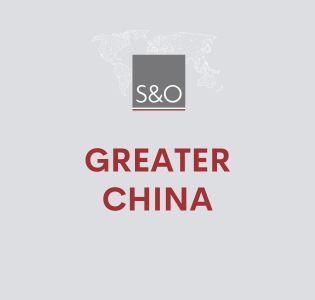THE IMPLEMENTATION OF THE REGIONAL COMPREHENSIVE ECONOMIC PARTNERSHIP AGREEMENT
5 Jul 2023
China
share
Regional Comprehensive Economic Partnership (RCEP) is the agreement on the "Free Trade Zone plus" ("FTA+"), covering 10 member States of the Association of Southeast Asian Nations and 5 states which have already signed free trade agreements. Economic cooperation of the member countries of the emerging partnership constitutes of foreign trade, as well as the movement of investments within the borders of the association.
In April, an import and export company in Lianyungang declared to the customs to export a batch of goods to Singapore, a member state of RCEP, in the form of general trade. The Risk Prevention and Control Bureau of the General Administration of Customs examined the batch of goods on the basis of the infringement trend information provided by Huangpu Customs. According to the control, the law enforcement officers of Guangzhou Customs found that there were 136 512 pieces of well-known toothpaste brand in the container worth 1 365 million yuan, which are suspected to be counterfeit. Guangzhou Customs detains the above-mentioned infringing goods in accordance with the law. After investigation, it makes an administrative penalty decision of confiscating the infringing goods and imposing a fine.
This is a typical case of customs promoting the implementation of the Regional Comprehensive Economic Partnership Agreement (RCEP) and effectively cracking down on infringements. During "Longteng Action 2022" term when the Customs conducts a special action on intellectual property protection, which will strengthen the supervision and risk prevention and control of infringing goods exported to RCEP member countries, increase the promotion of RCEP intellectual property customs protection policies, and promote the effective implementation of the RCEP agreement. In this case, the customs strengthened the joint prevention and control of infringement risks, improved the response mechanism, gave full play to the overall joint force of the customs supervision chain, and improved the effectiveness of cross-border infringement governance.




